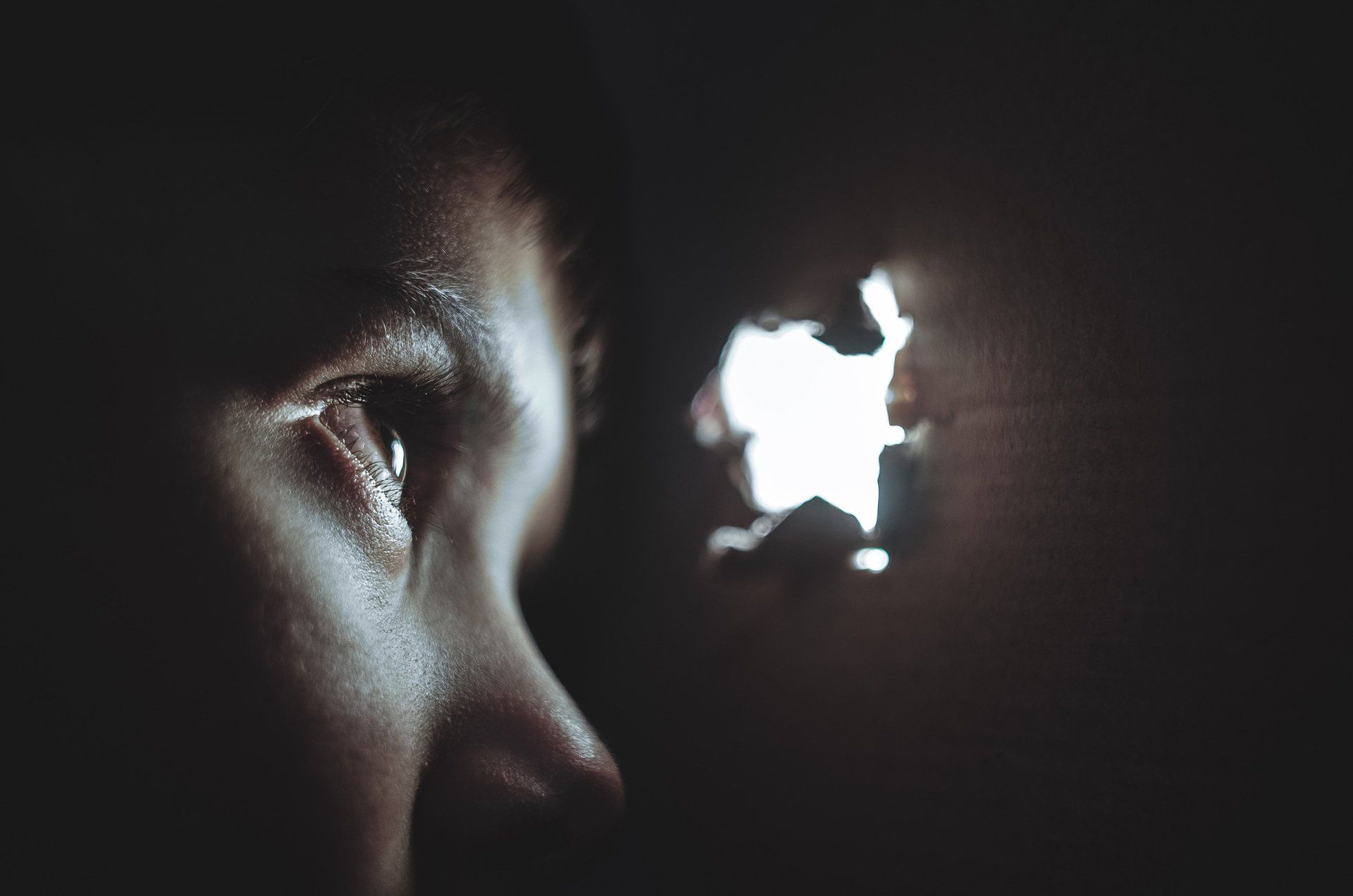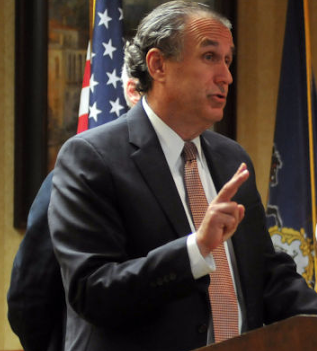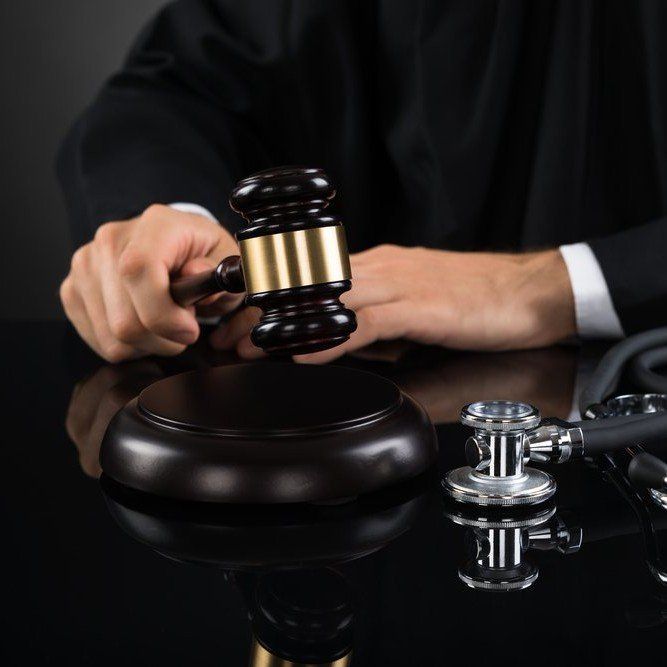Catastrophic Injury: How PTSD Affects the Lives and Brains of Children
Posttraumatic stress disorder (PTSD) is a mental illness that develops as the result of experiencing an event that causes extreme emotional distress. When people go through a traumatic experience, they naturally react with fear and sadness. However, some people will experience fear and sadness to such an extent that it begins to interfere with their ability to function appropriately on a daily basis.
The disorder can be categorized into three main types of symptoms:
-Vivid flashbacks of the event, causing them to feel as if they are re-experiencing the trauma through intrusive, distressing recollections of the event. This can be in the form of recurring nightmares. They can also undergo intense physical reactions when reminded of the event such as sweating, rapid breathing, or pounding heart.
-Avoiding places, people, situations, and activities that are reminders of the trauma. The individual will undergo emotional numbness and a loss of interest in things that he/she previously enjoyed. A feeling of detachment and hopelessness will envelop them. They might also find it difficult to recollect certain important aspects of the event.
-Increased arousal such as difficulty sleeping and concentrating, feeling jumpy, and being excessively irritated and experiencing angry outbursts. They will constantly be worried or on edge since they will be harassed by the feeling that something bad is about to happen or that they are in a constant state of danger.
PTSD in children is slightly different. Children suffering from PTSD may not have flashbacks or problems remembering parts of the trauma, the way adults with PTSD often do. Instead, children might put the events of the trauma in the wrong order. They might also think there were signs that the trauma was going to happen.
As a result, those suffering are constantly on the lookout for these signs again to avoid future trauma. Children might also show signs of PTSD in their play. They might keep repeating a part of the trauma as a game. They may also try to fit parts of the trauma into their daily lives.
Some of the reasons why PTSD is caused in children:
- Medical Intervention - Experiments that were done as part of treatment for ailments affecting kids
- Abuse - Sexual, emotional and physical abuse that the child went through
- Neglect – Severe lack of attention and negligence by parents
- Disasters- any natural disaster like a flood, earthquake, tornado, etc.
- Violent Acts: Acts of violence like shooting, war, gang violence, bullying or abuse against a parent
- Accidents: Car, plane or train accident. Also playground or accident within the house.
- Divorce: The end of a relationship between two parents and the animosity that follows
- The Death of a Loved One: The loss of a family member or of somebody with whom the child had a strong connection with
- Moving: Changing residence, struggling with unfamiliarity
- Adoption: A change in environment and adjustment issues
The most common theory of liability in catastrophic brain injury cases such as PTSD is negligence. A person is negligent when he or she fails to exercise the level of care that a reasonably cautious and vigilant person would exercise under similar circumstances. Negligence can be either an affirmative act or an omission to act. Whether a person acted negligently or not is a question that will be decided by the jury.
How to file a catastrophic brain injury lawsuit
If someone’s recklessness or negligence caused a child to develop PTSD, the focus in the lawsuit would be on expert testimony. PTSD is not understood in all of its aspects by the juror. To establish PTSD, your personal injury attorney may have to invite an expert witness, likely a psychiatrist, to testify.
If a plaintiff’s claim is genuine, PTSD may serve as the basis for various emotional distress claims. For example:
-Intentional Infliction of Emotional Distress: Evidence of a PTSD diagnosis indicates that the defendant’s conduct was intentional and outrageous.
-Negligent Infliction of Emotional Distress: If the defendant’s negligent conduct caused the plaintiff’s PTSD, the defendant might be liable for negligent infliction of emotional distress.
The claims from a personal injury attorney familiar with PTSD are extremely important to form a legal opinion. PTSD adds to the complexity of a lawsuit. If your child or someone you know is going through PTSD that was caused due to negligence, contact the offices of Alvin F. de Levie & Associates at 844-777-2529 for a consultation today.






























